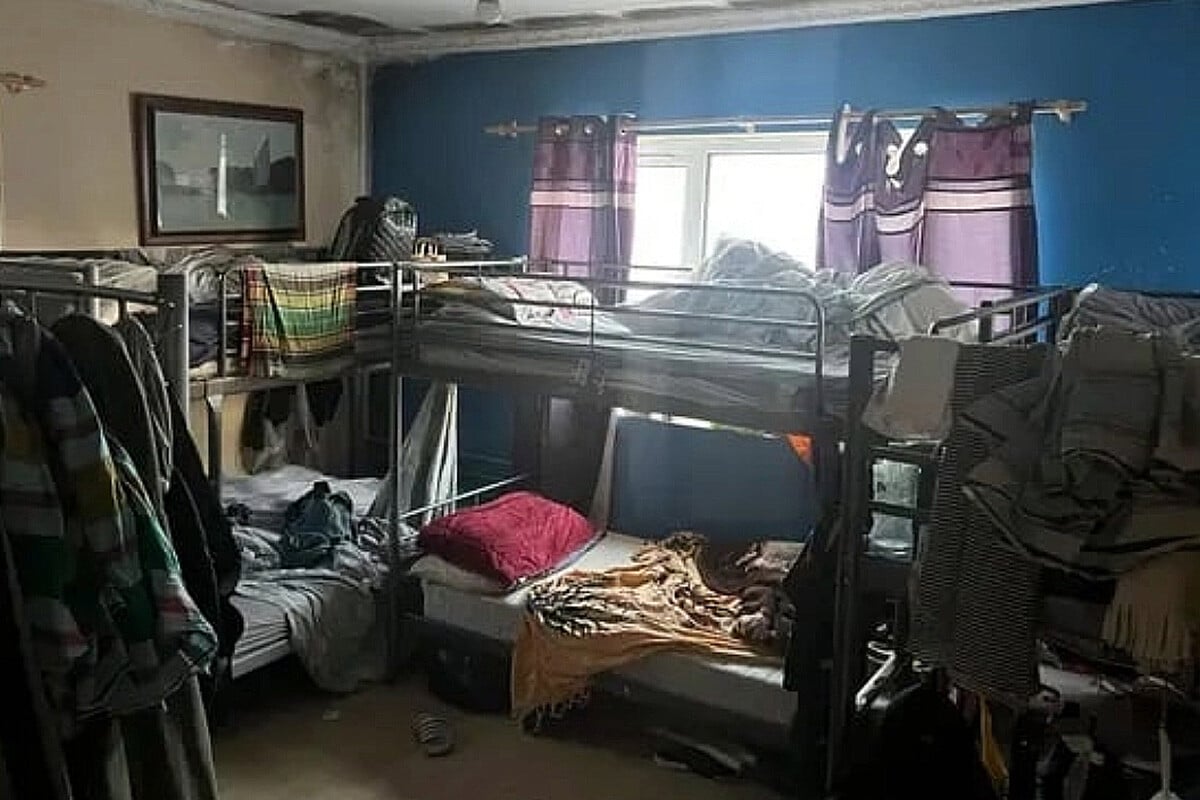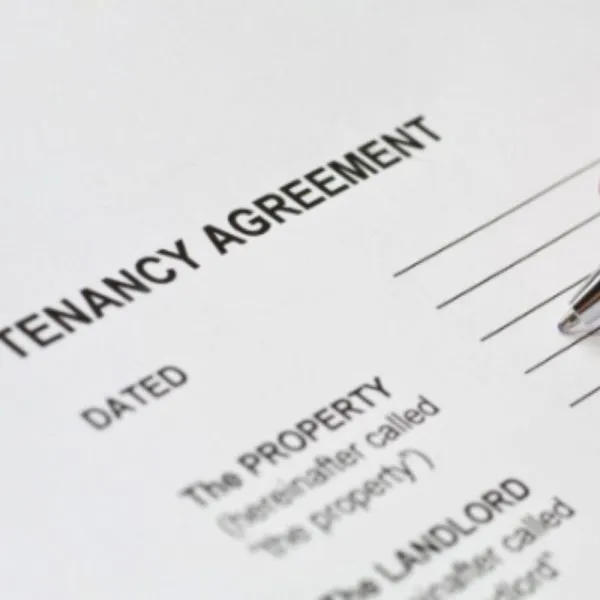Dealing with tenants who consistently pay rent late can be stressful, but UK law provides clear guidelines for managing rent arrears effectively. Understanding key legislation, such as the Housing Act 1988 and Landlord and Tenant Act 1985, is crucial for landlords to protect their rights while maintaining professional relationships. By communicating clearly, issuing late rent notices, offering payment plans, and following the correct legal process, landlords can recover overdue rent without committing illegal eviction. Professional advice and rent guarantee insurance can further mitigate risks and stress in these situations.
Understanding the Legal Framework
Landlords and tenants in the UK are governed by laws such as the Housing Act 1988, the Landlord and Tenant Act 1985, and amendments made in various housing regulations. These laws set out the procedures for landlords to follow when addressing rent arrears, safeguarding tenants' rights while providing landlords with clear paths to recover rent. Understanding these regulations is crucial for avoiding legal disputes and ensuring enforceable actions.
Under UK law, landlords are not allowed to take matters into their own hands, such as changing the locks or removing a tenant's tenant's belongings. Doing so could be considered an illegal eviction, which can lead to severe penalties, including fines or even imprisonment.
Key legislation:
- Housing Act 1988: Governs assured shorthold tenancies, the most common type of rental agreement in the UK.
- Landlord and Tenant Act 1985: This act provides rules on landlords' and tenants' duties, including maintenance, repairs, and rent payments.
Landlords must familiarise themselves with the details of these laws before taking any action concerning late rent payments.
Communicate and Document: The First Step
When tenants fail to pay their rent on time, communication is the first tool landlords have. It's essential to remain calm and professional, even if the situation causes frustration. A respectful approach often helps to maintain a positive relationship with tenants, which may lead to a quick resolution. A phone call or email should be the first point of contact to understand the reason for the delay.
It's also advisable to document all communications. This creates a paper trail that may be crucial if legal proceedings become necessary. Keep records of phone calls, emails, and any formal notices sent, noting the conversations' dates, times, and content.
Issuing Late Rent Notices
Once communication has been established but rent remains unpaid, landlords should issue a late rent notice. This formal document serves as an official reminder to tenants about their rent obligations and the outstanding amount. In the UK, these notices should contain:
- The amount of rent overdue.
- The due date for payment.
- A reminder of the terms of the tenancy agreement concerning rent.
Issuing this notice serves as both a formal reminder and an essential legal step should the situation escalate to court action. The importance of accurate documentation cannot be overstated here, as it helps demonstrate that the landlord has made reasonable attempts to resolve the issue before seeking further action.
Understanding Rent Arrears and Legal Recourse
When tenants fall behind on rent, they enter a state of rent arrears, ranging from a minor delay to a severe breach of the tenancy agreement. Under UK law, landlords have several options for addressing rent arrears, but each involves specific legal steps.
One of the first legal options landlords may consider is serving a Section 8 notice under the Housing Act 1988. This allows landlords to seek possession of the property if a tenant falls into rent arrears that exceed two months (or eight weeks, depending on the rental frequency). This notice provides grounds for eviction due to non-payment, but the landlord must follow strict procedural rules.
Another option is a Section 21 notice, which is a "no-fault" eviction. Although landlords do not need to provide a reason for eviction when using a Section 21 notice, it cannot be used as easily if the tenant is in rent arrears. Recent changes to the law, including the Renters Reform Bill, aim to limit the use of Section 21 notices.
Proposing and Negotiating Payment Plans
In many cases, tenants may be struggling with temporary financial difficulties, and resolving the situation amicably could be in the best interests of both parties. Proposing a payment plan allows tenants to repay the overdue rent over an extended period, preventing further escalation and maintaining the tenant's ability to stay on the property.
Negotiating a payment plan involves:
- Understanding the tenant's financial situation.
- Agreeing on a reasonable repayment schedule.
- Formalising the arrangement in writing.
While a payment plan might delay full rent recovery, it demonstrates a willingness to work with the tenant and could prevent costly and time-consuming legal proceedings.
The Role of Rent Guarantee Insurance
Landlords who are concerned about potential rent arrears may choose to protect themselves by purchasing Rent Guarantee Insurance (RGI). This type of insurance can cover rental income if a tenant fails to pay their rent. Policies usually include legal assistance for pursuing evictions and court proceedings, providing landlords with additional support.
Rent guarantee insurance typically covers:
- Unpaid rent for a set period.
- Legal costs for pursuing rent arrears.
- Eviction and possession costs.
It is essential to carefully read the terms of any RGI policy to understand what is covered and any conditions that apply, such as the requirement for a thorough tenant screening process.
Legal Action for Rent Recovery
If negotiation efforts fail, landlords may need to pursue legal action to recover unpaid rent. This can take several forms:
- Court-Ordered Possession: If the tenant does not vacate the property after receiving a Section 8 or Section 21 notice, landlords can apply to the court for a possession order. The court will decide whether the tenant must leave the property and, in the case of a Section 8 notice, whether the landlord is entitled to recover the rent arrears.
- Money Claim Online (MCOL): This online service allows landlords to claim money owed to them by tenants. It is an alternative to going through the courts and can be a quicker and less expensive way to recover rent arrears.
- Commercial Rent Arrears Recovery (CRAR): For commercial landlords, CRAR is a legal process that allows landlords to seize tenant assets to cover rent arrears. This process is only available for commercial leases and must be carried out by certified enforcement agents.
Landlords should seek legal advice before pursuing these options to ensure they follow the correct procedures and avoid costly mistakes.
Avoiding Harassment and Illegal Eviction
UK law provides tenants with solid protection against harassment and illegal eviction. Harassment includes any actions that pressure a tenant into leaving the property, such as turning off utilities, changing the locks, or making threats. Illegal eviction occurs when a landlord evicts a tenant without following the proper legal process.
Penalties for harassment or illegal eviction can include fines, compensation to the tenant, and, in some cases, criminal charges. Therefore, it is vital that landlords strictly follow the legal procedures for rent recovery and eviction.
Consulting Professional Advice
Navigating rent arrears and legal proceedings can be complex and time-consuming. Landlords are encouraged to seek professional advice from property law experts, letting agents, or organisations specialising in tenant-landlord disputes. Having expert guidance ensures landlords remain compliant with the law and increases the likelihood of resolving the situation favourably.
In some cases, it may also be beneficial to use a mediation service, which can help both parties reach an agreement without needing court action.
Eviction as a Last Resort
Evicting a tenant should always be seen as a last resort. The eviction process can be long, costly, and stressful for both the landlord and tenant. Moreover, the courts often favour tenants, especially if the landlord has not followed the correct procedures.
If eviction becomes necessary, landlords should ensure they have followed every legal requirement, including serving the correct notices, providing the required documentation, and adhering to the timelines set out in UK law.





